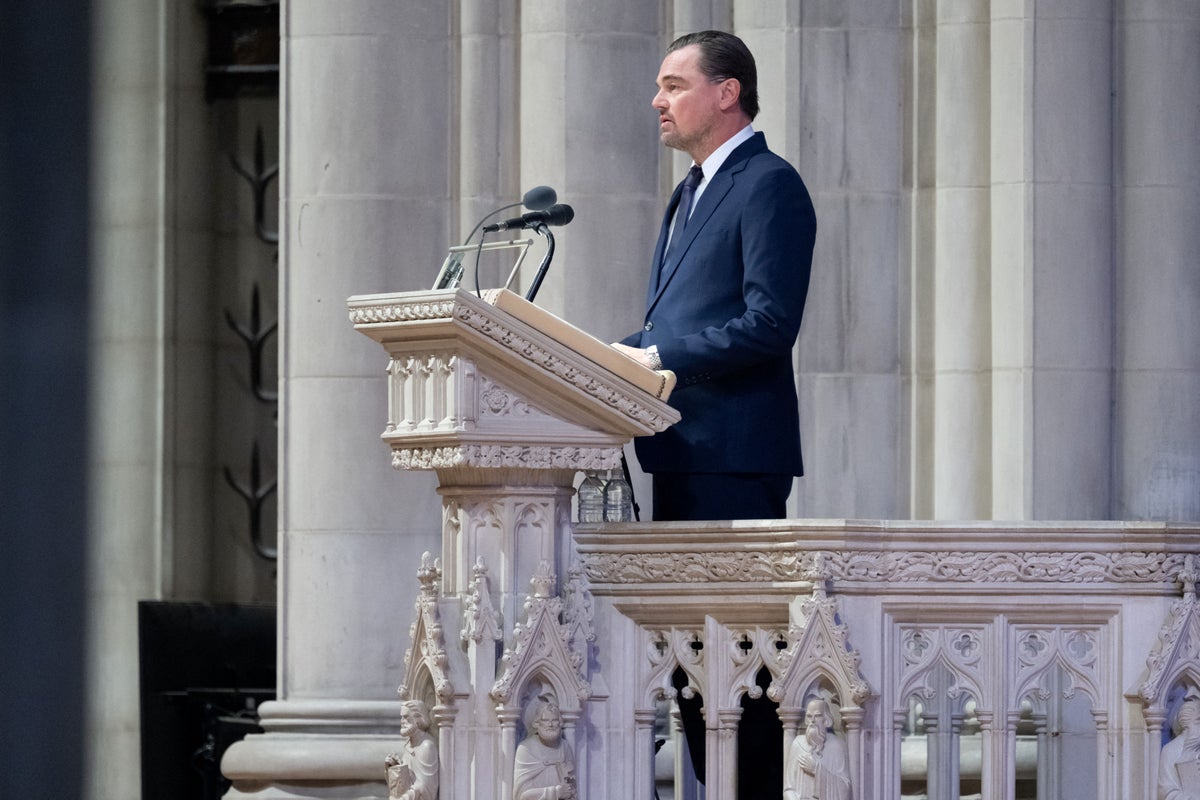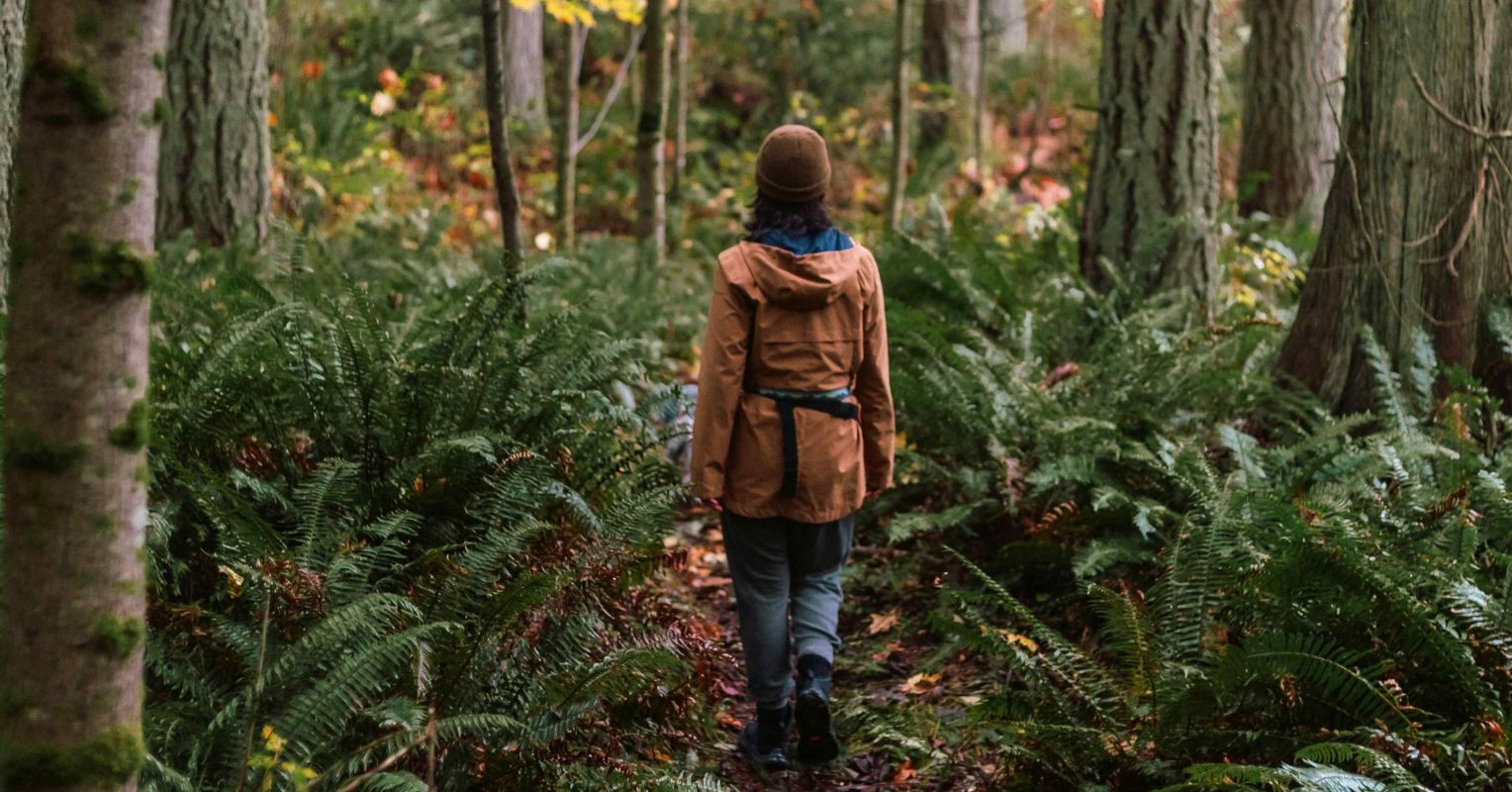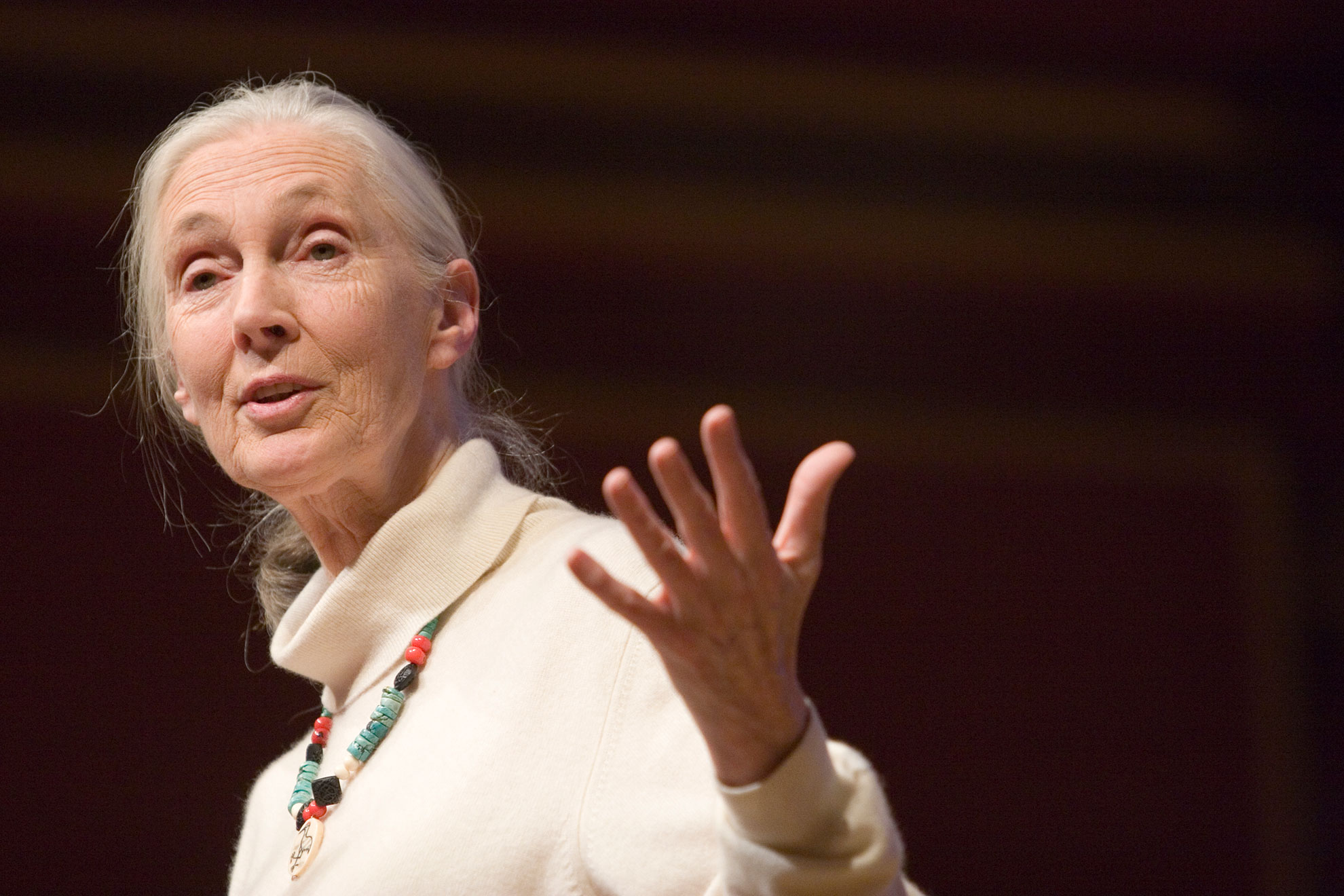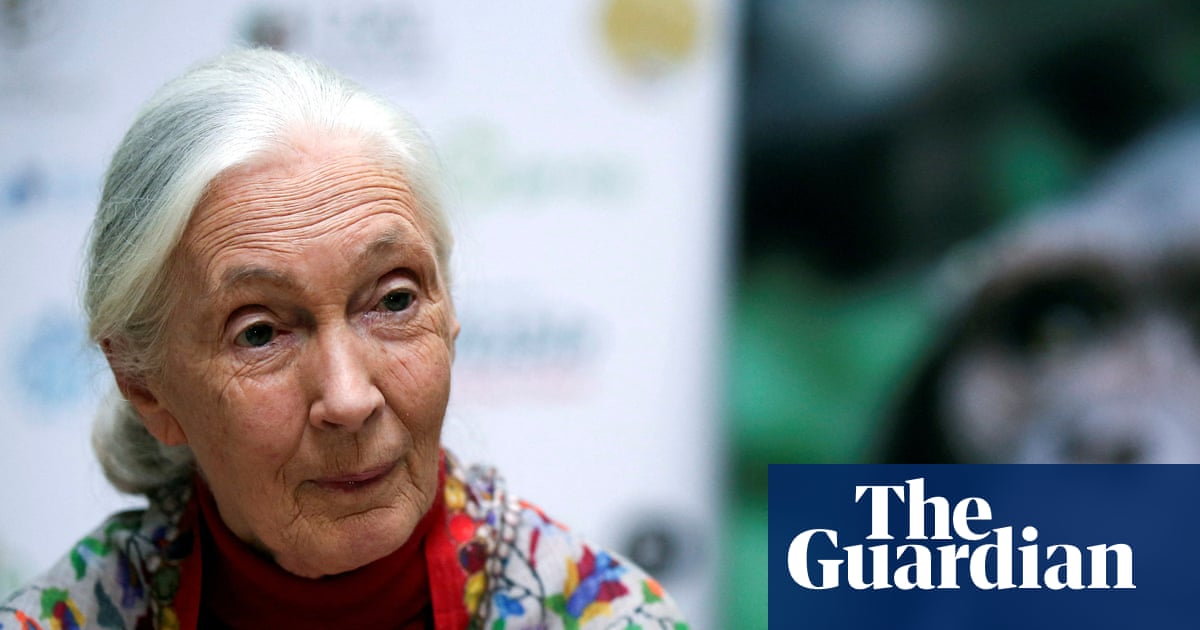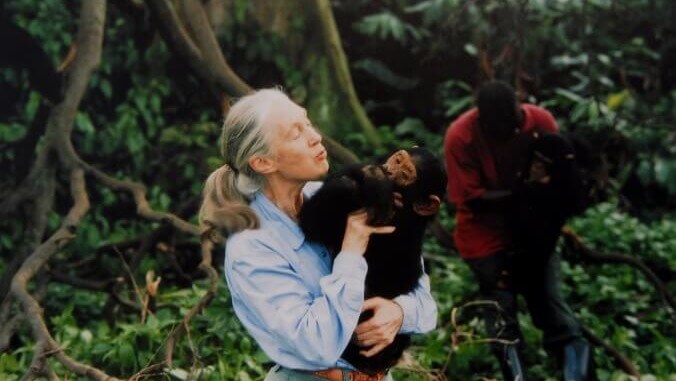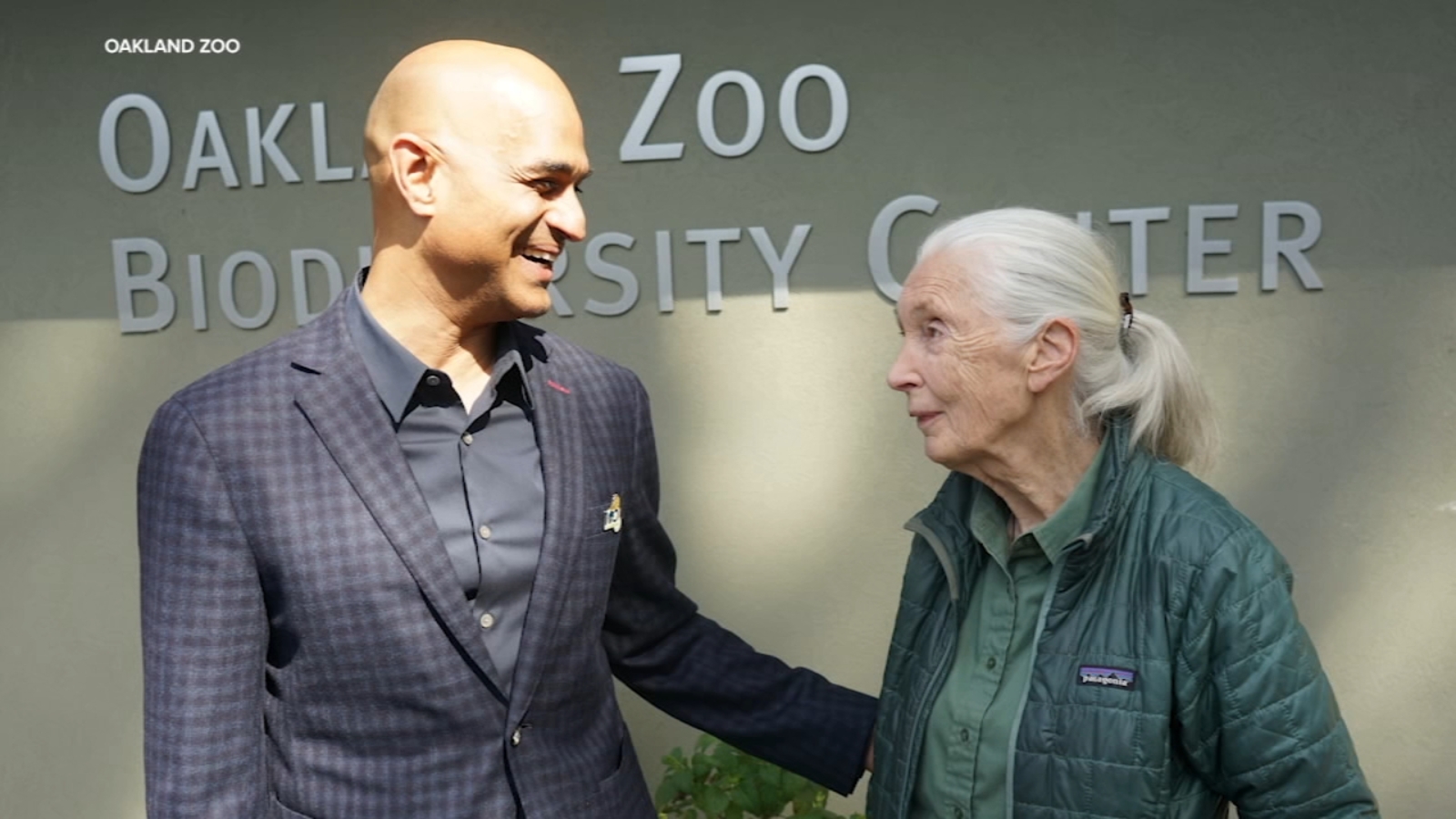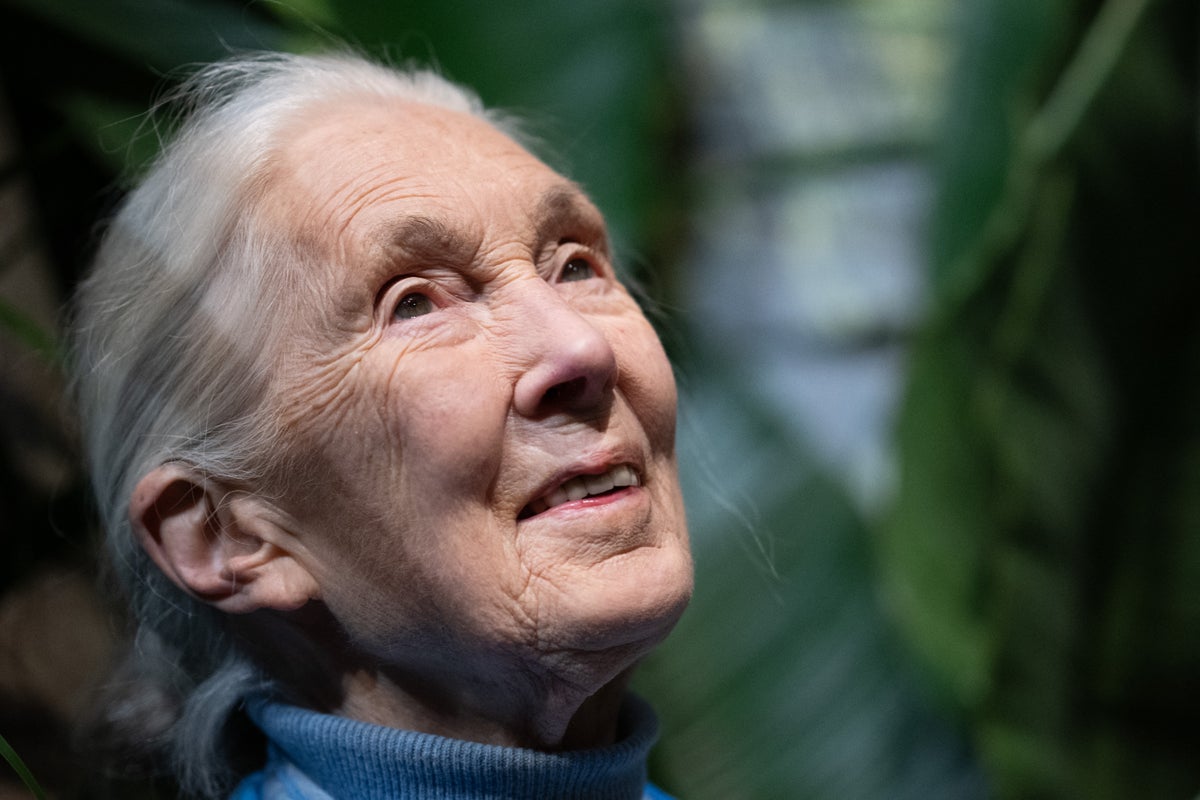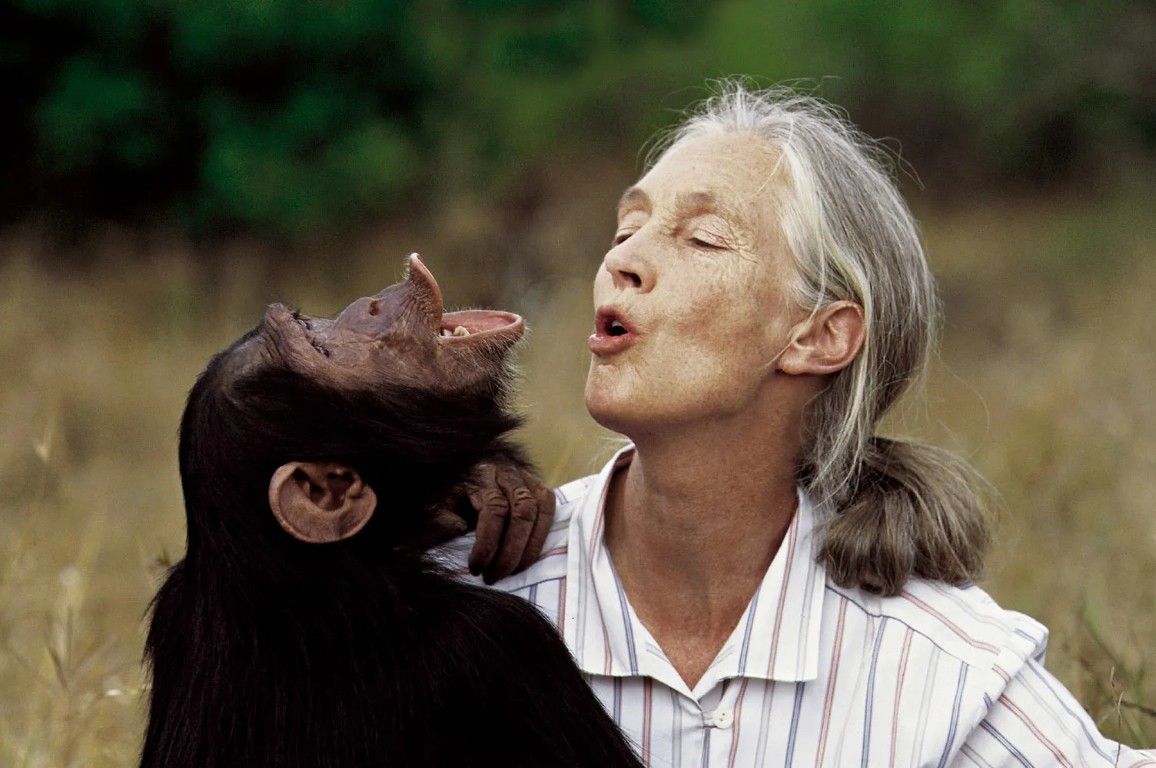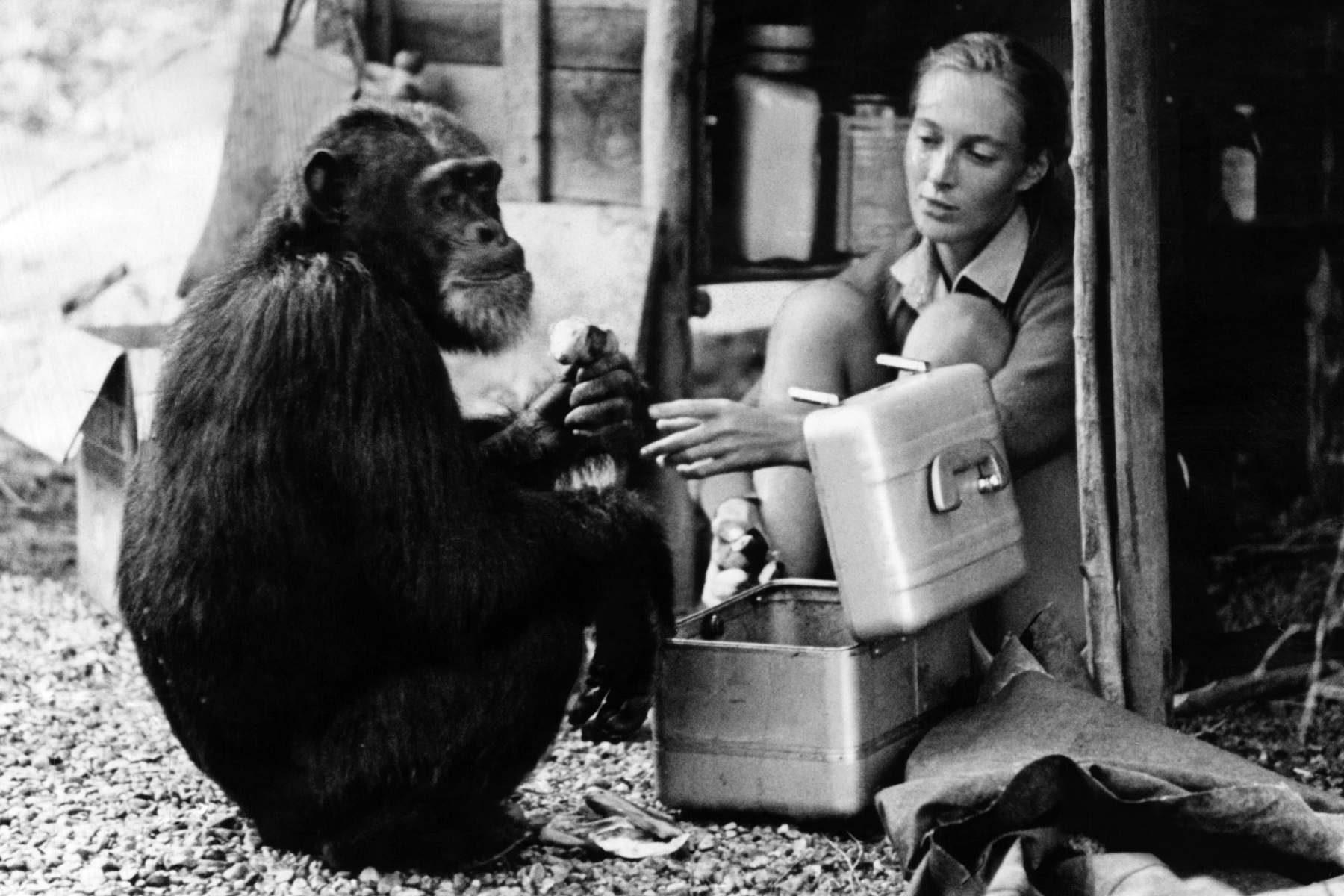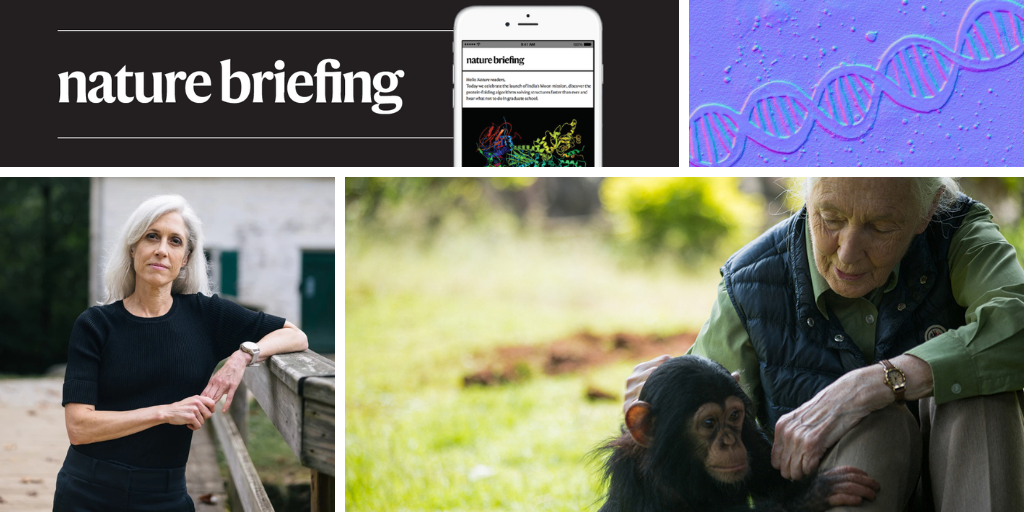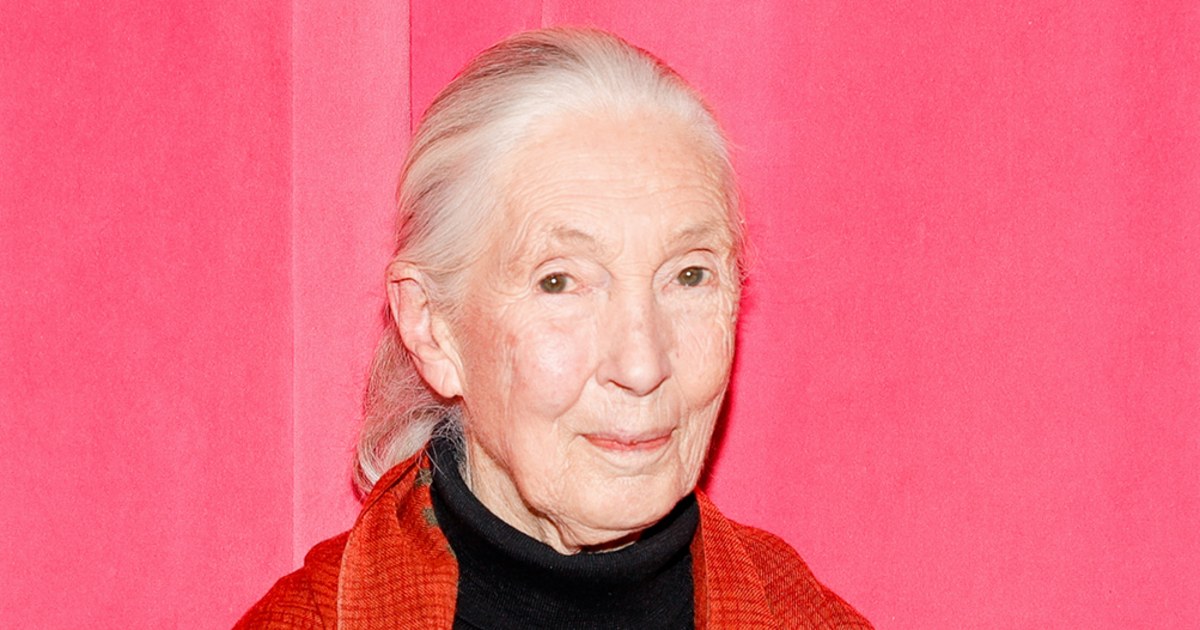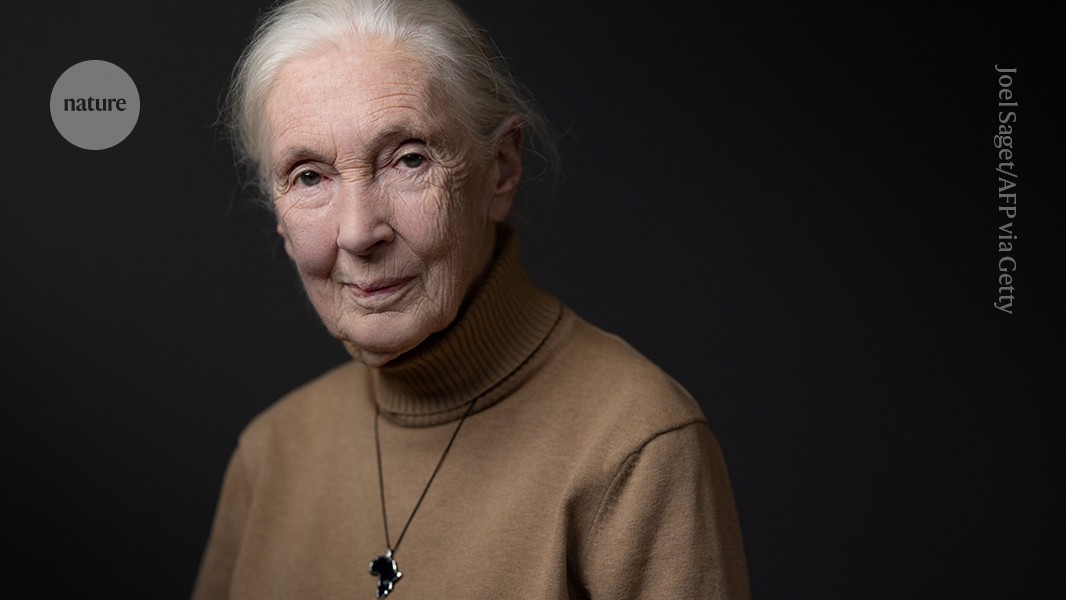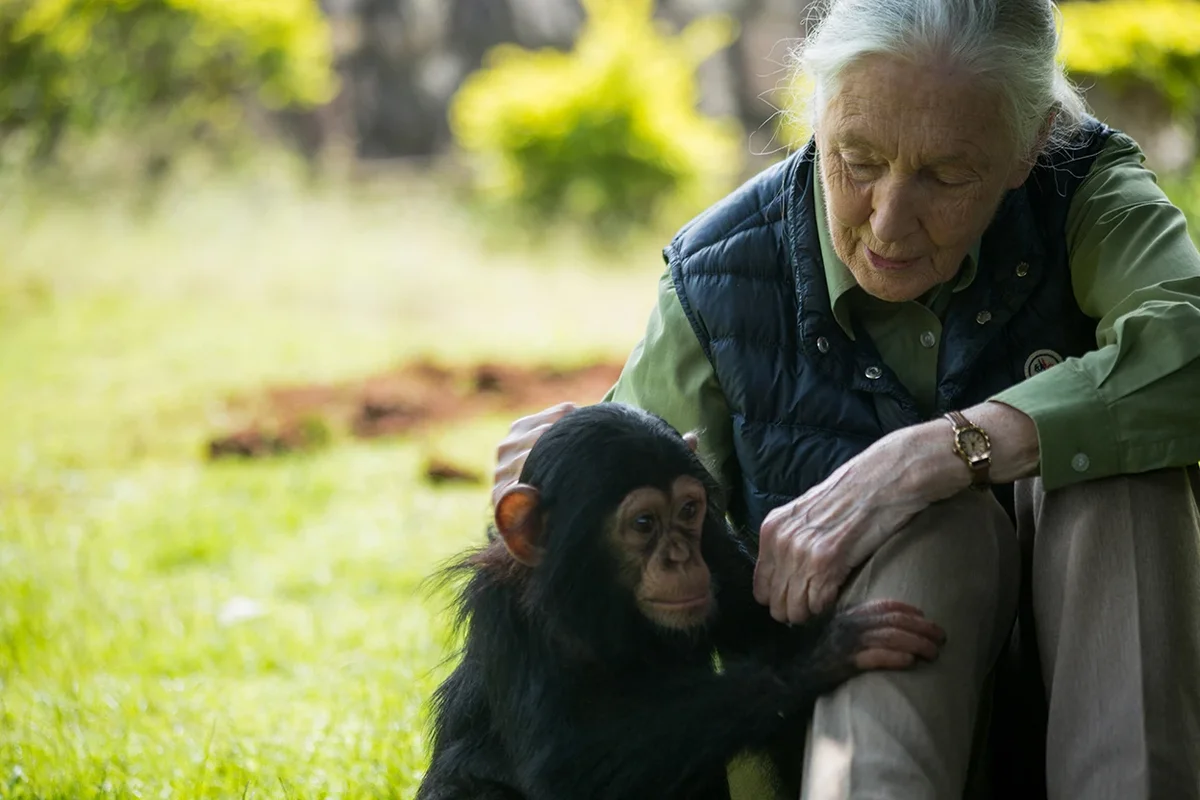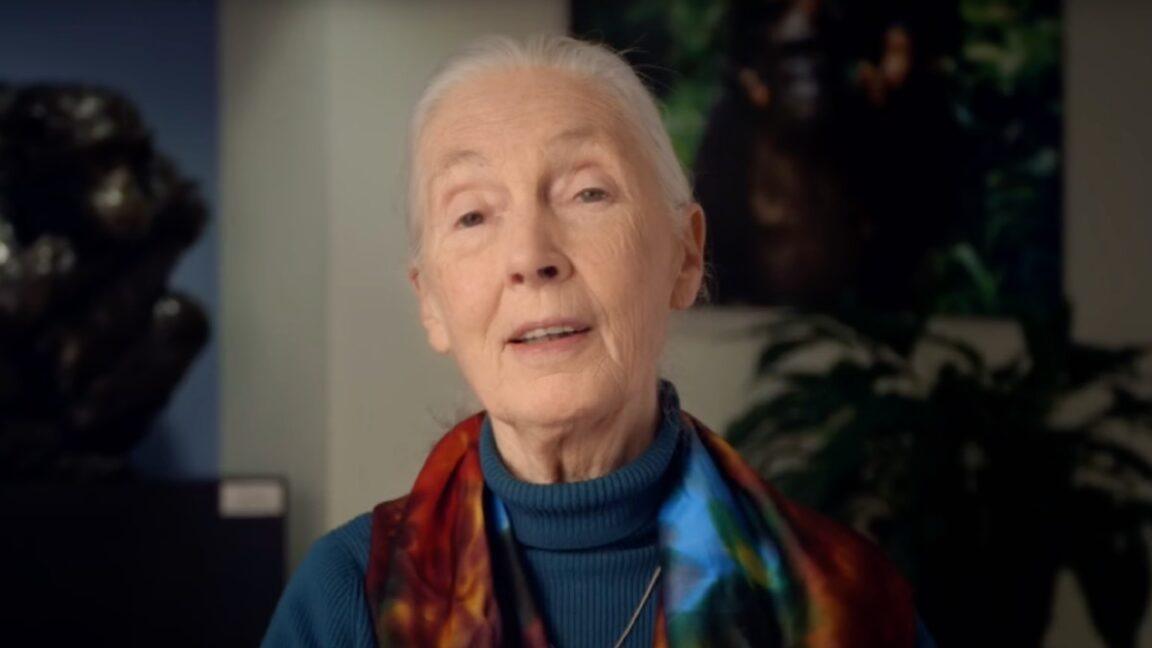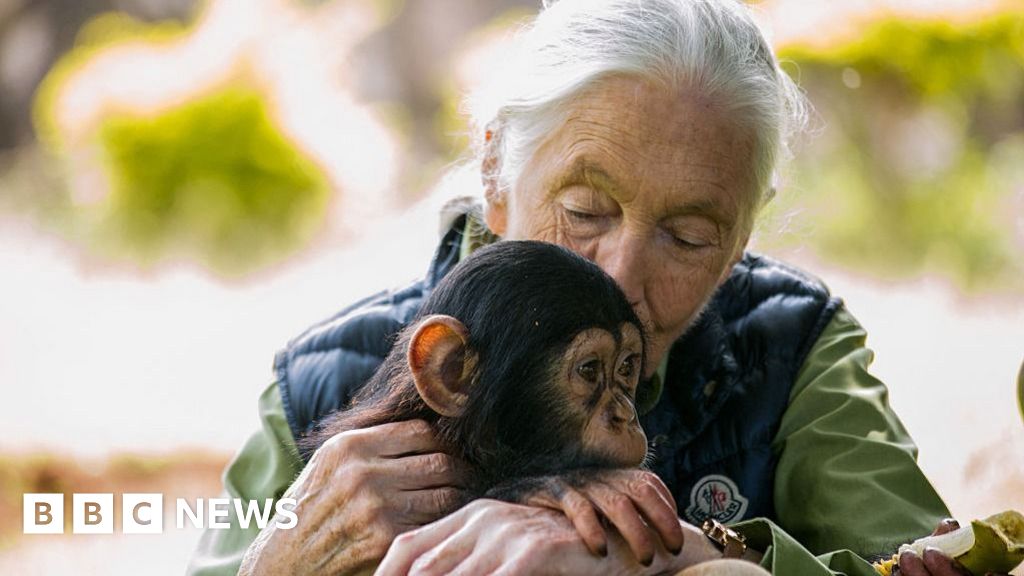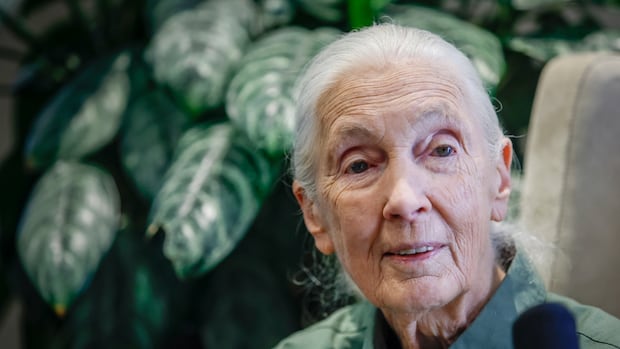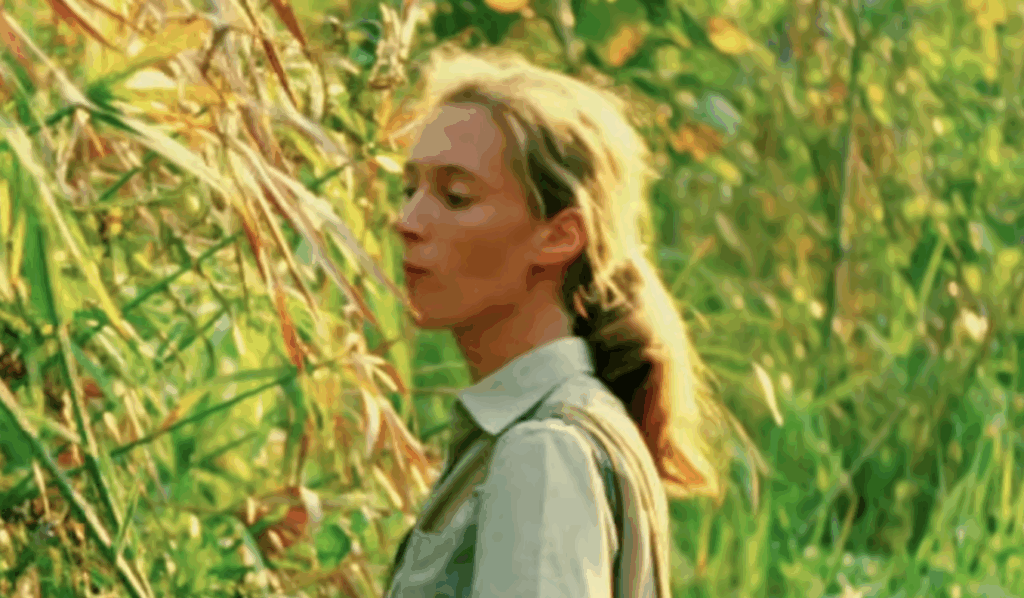#jane-goodall
#jane-goodall
[ follow ]
#conservation #primatology #chimpanzees #tool-use #chimpanzee-research #animal-welfare #chimpanzee-behavior
fromwww.theguardian.com
2 months agoJane Goodall Earth medal to recognise people working to improve the world
The idea of having this medal, and Starmus being entrusted to organising it, is Jane's. Jane said she would like this to happen. And I think it's because of the very special relationship she had with us, he said. Goodall's grandson, Merlin van Lawick, welcomed the award. The Starmus Jane Goodall Earth medal will acknowledge sustainable programmes undertaken to make our world a better place for people, animals and the environment and provide encouragement for the continuation of that work, he said.
Science
fromHarper's Magazine
4 months agoWeekly Review, by Harper's Magazine
The primatologist and conservationist Jane Goodall died at ninety-one; the CEO of Spotify stepped down; and the French prime minister, Sebastien Lecornu, resigned from office fourteen hours after announcing his cabinet lineup, making it the shortest-lived administration in modern French history.
France news
fromFuturism
4 months agoJane Goodall Recorded a Message About Elon Musk Before Her Death
"Absolutely, there are people I don't like," she told interviewer and TV writer Brad Falchuk, "and I would like to put them on one of Musk's spaceships and send them all off to the planet he's sure he's going to discover."
US politics
fromwww.theguardian.com
4 months agoJane Goodall said she would launch Trump and Musk on one-way trip into space
There are people I don't like, and I would like to put them on one of Musk's spaceships and send them all off to the planet he's sure he's going to discover, Goodall tells interviewer Brad Falchuk during the revelatory 55-minute special discussing her life, work and legacy. Would Musk, the SpaceX founder and Trump ally with a penchant for apparent Nazi-style salutes and firing thousands of federal workers, be among them, Falchuk wanted to know.
World politics
fromPsychology Today
4 months agoJane Goodall Changed My Life
When I was a child growing up in the '60s and '70s, watching National Geographic specials on TV, I wanted to be Jane Goodall. Not like her. Her. I could imagine no better life than observing and learning about chimpanzees. But only Jane Goodall could be Jane Goodall, and I eventually fell into a more traditional path, even going to law school.
Education
[ Load more ]
